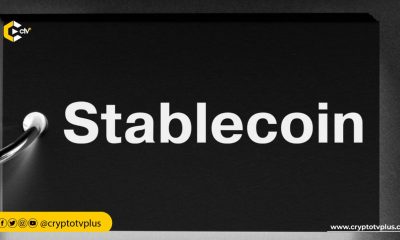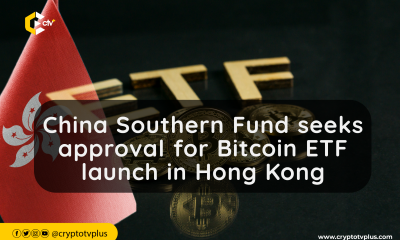News
Hong Kong regulator welcomes asset tokenization, detailed guidance coming soon

The Hong Kong Securities and Futures Commission (SFC) recently revealed that it has received requests from product providers to tokenize retail investment products, including public funds authorized by the SFC. This disclosure was made during the Bloomberg Buy-Side Forum Hong Kong 2023, a technology and innovation-focused event.
While expressing openness towards the concept of a retail tokenized product, the SFC emphasized its potential as a valuable tool in the asset management industry for mitigating market frictions and expanding distribution channels.
However, the SFC also acknowledged that tokenization would introduce new risks and raise concerns regarding legal, regulatory, and supervisory matters.
While reminding that its already existing rules are flexible enough to power innovation in the industry, the SFC said that the standards it expects for such products, as per proposals, will be “high and robust.”
Moreover, the SFC mentioned that it is currently working on more detailed rules or guidance on the tokenization of its authorized investment products and will publish them soon.
According to SFC, studying some of the already sent-in proposals, it has identified that they operate similar to traditional open-ended retail funds.
The current pathway being considered by the SFC is to first allow the primary dealing of tokenized SFC-authorized products. This consideration is in view of the of the nascent state of development of the VATP regime in Hong Kong, SFC said.
Furthermore, some of the proposals include secondary trading of a tokenized retail product on a VATP, SFC stated and added that it is similar to a listed product like an ETF.
While recounting the risks associated with secondary trading of tokenized SFC-authorized products on VATPs SFC stated that it would effectively make a tokenized product an “exchange traded product”.
When this happens, the VATP would function like a conventional stock exchange that facilitates secondary trading of securities and other products offered to the Hong Kong public, with the only key difference being that it is represented as a token rather than a stock. Conclusively, the Hong Kong SFC said this will inevitably raise more questions.
In June this year, Hong Kong published amendments to its AntiMoney Laundering and Counter-Terrorist Financing Ordinance. This rule made it compulsory that all centralized trading platforms engaged with non security tokens obtain a license from the commission (SFC).
Read also;
Curve Finance founder pays off Aave loan, still owes $42.7M
What do you think of this article? Share comments below.
























